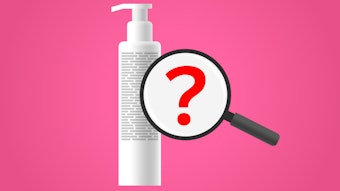A walk through any supermarket or drug store hair care aisle can be an overwhelming experience. Products claiming a multitude of benefits for healthy hair or scalp bombard the consumer, who has no standard by which to gauge the effectiveness of these products. As good business practice, regulations and voluntary organizations all ensure that claims are reasonably supported, yet consumers understand that the claims are being made by self-interested manufacturers. Third party support is therefore a common strategy to improve credibility; for example, certification programs have been developed for eco-friendly products to help consumers evaluate otherwise unknown issues related to the product supply chain.1, 2 Besides consumers, hair experts, especially dermatologists caring for patients challenged by hair conditions, also lack an efficient means to critically evaluate claims.3
Currently, one of the most persuasive and effective certification programs is the professional review the American Dental Association provides for anti-cavity claims.4 While beauty claims generally are not associated with outcomes as clear cut as cavity reduction, there is still a strong desire to ensure that claims are honest, reasonable and correct. After all, since claims data is generally not released outside of a company—unless the claim falls in a specific category requiring prior review by the FDA; or the claim is challenged—the only people who review the actual data, ingredients and methods behind most claims are working for the










